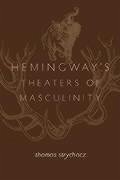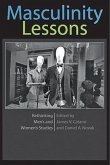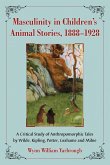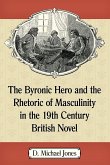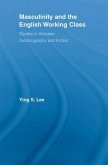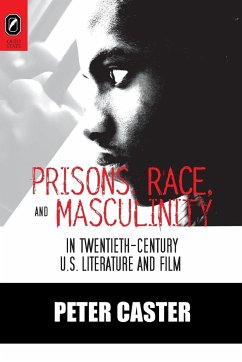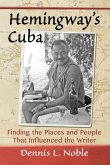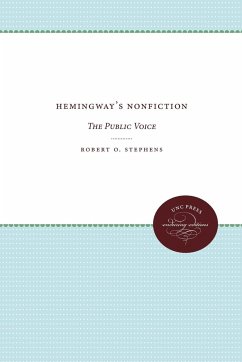In this provocative book, Thomas Strychacz pursues an entirely new approach to the question of masculinity in Ernest Hemingway's work. He begins with a close reading of Hemingway's famous story "The Short Happy Life of Francis Macomber" and continues through the story cycle In Our Time; the short story "The Undefeated"; the novels The Sun Also Rises, A Farewell to Arms, For Whom the Bell Tolls, and The Old Man and the Sea; and the nonfiction books Death in the Afternoon and Green Hills of Africa. Challenging the traditional wisdom that Hemingway fashions a quintessentially masculine style and promotes an ideal of stoic, independent manhood, Strychacz argues that Hemingway's fiction poses masculinity as a theatrical performance Masculinity emerges from a series of complex negotiations between male characters, readers, and cultural codes of manhood. Hemingway's "masculine" style should be seen as deeply rhetorical, inviting the audience to think of masculinity as a contention to be debated rather than a fact that demands acquiescence. Drawing on feminism, gender studies, and the New Men's Studies, this book casts brilliant interpretive light on Hemingway's artistry. It contributes significantly to the larger cultural discussions about the nature of masculinity while offering an analysis and critique of masculinity in Hemingway's work that greatly extends recent scholarly debates about "masculine modernism." It raises the compelling question, What is "modernism" if "masculinity" is exposed as more problematic and elusive than previously suspected? A groundbreaking study that introduces the energies of drama to one of the twentieth century's most renowned writers
Hinweis: Dieser Artikel kann nur an eine deutsche Lieferadresse ausgeliefert werden.
Hinweis: Dieser Artikel kann nur an eine deutsche Lieferadresse ausgeliefert werden.

